
When Adiza Ibrahim, known widely as Kuburah Diamonds, realised she wanted to help women, she made a deliberate choice. She wouldn’t simply give handouts. She would give something more lasting.

She wouldn’t just be writing on digital media for likes and comments. She looked beyond the superficial engagement and saw what was really happening. There were young girls and women, graduates and non-graduates alike, constantly reaching out for financial support. The graduates remained fixated on finding white-collar jobs while their financial struggles worsened by the day. The non-graduates simply asked for money to meet their immediate needs. The requests came daily, each one requiring ready cash she couldn’t always provide.
“There was a time I came to the realisation that it was more prudent to have an initiative which could enhance the socio-economic development of women through skills provision and capacity development,” she explains. “So they could set up a business for themselves rather than always directly giving out money.”
She decided to create a platform to empower them with skills; skills they could use even if they eventually secured those coveted white-collar positions. It was this thinking that birthed the Kuburah Diamonds Foundation and its flagship initiative, the Zango Women Livelihood and Empowerment Programme (ZANGWOLEAP). Through these platforms, Adiza has trained over 1,000 girls and women across Ghana in practical skills: soap making, bead making, catering, fashion, make-up, crochet, tie and dye. Skills that stay with you for a lifetime.
“I have always been of the firm belief that having a skill will stay with you for your lifetime,” she says. “Through skill provision, people can engage in one form of entrepreneurship or another. Rather than waiting for someone to come to your aid, you can start a little business and with the proceeds you get, you can at least afford some basic needs.”
By day, Adiza serves as Head of Marketing and Media Relations at Electroland Ghana Limited, one of the country’s leading electronics conglomerates. Finding herself in communications was no accident. Growing up, she harboured dreams of broadcast journalism, a passion that led her to the African University College of Communications.

But it’s her work outside office hours, funded largely through profits from her side business, Kuburah Diamonds Boutiq, that has earned her recognition. Ibrahim Citar Salah, an ardent social media follower, bestowed upon her a title that speaks volumes: “the very first woman to awaken the women, children and youth empowerment in our generation.”
For Adiza, her work is deeply rooted in her faith. She points to Surah An-Nisa in the Quran and to the example of Khadijah, the Prophet Muhammad’s wife, who was a powerful woman, entrepreneur and humanitarian. “Empowerment has been there since the days of our Prophet Mohammed, peace be upon him,” Adiza reflects. “His dearly beloved wife, Khadijah, had so much wealth because she worked for it. So I think it is in line we advocate for Muslim women, wives, to work, regardless.”
The work isn’t easy. For years, Adiza funded the Zango Women Livelihood and Empowerment Programme entirely from her own resources. She received no external support, no corporate sponsorship, no social media fundraising backing her vision. The turning point came when she launched her book. Only then did corporate Ghana take notice. Electroland Ghana Limited, KGL, Ghipps and TT Brothers stepped forward, purchasing copies to be distributed to schools. It was the first time her empowerment work had received institutional recognition.
She’s had to master what she calls “the art of balancing it beautifully and seamlessly,” juggling her demanding day job with the foundation’s needs. There have been moments of frustration. Women who reach out for support suddenly lose interest. There are funding constraints. There are people she’s supported who later turn against her.
“There were times I just wanted to stop all these humanitarian activities and focus on personal development,” she admits. “However, the negative from these people do not deter me from impacting the other thousands out there who may appreciate what I do for them, no matter how small it may be.” When she starts getting angry at petty things, she knows it’s a sign of stress. That’s when she takes a break, reboots, then returns to the work.
Her communications background and her foundation work are beautifully intertwined. “My foundation work is more of storytelling to educate, inform and ultimately achieve solutions to a problem, usually social issues,” she explains. Her vision extends beyond skills training. She dreams of a hub dedicated to mental health and skills development. Having experienced a preterm birth herself, she’s begun advocating for preterm education and support. “Although I have started in a small way, I hope to deepen the advocacy,” she says.
For young women starting their own empowerment journeys, her advice is clear: “Do it with genuineness, carve a niche for yourself and be intentional about it. Do not get involved because you think others are doing it. Avoid creating false achievements and narratives to gain acceptance. Just have that calling to get involved.”
When asked for one word to describe herself, she chooses “phenomenal.” It’s not braggadocio. It’s simply the truth of what happens when a woman decides to use her gifts, her faith and her resources to awaken other women to their own possibilities. Adiza Ibrahim, Kuburah Diamonds, is phenomenal because she’s intentional. And in a world that often speaks of empowerment without action, her work stands as proof that real change happens one skill, one woman, one life at a time.
>>>The writer is a PR, Marketing & Communications professional and General Secretary of the Network of Women in Broadcasting (NOWIB). A dedicated feminist and advocate for women in media, she champions workplace excellence while empowering voices and building bridges across the industry. Bridget is passionate about amplifying women’s stories and driving positive change in Ghana’s media. She can be reached via [email protected]
The post Her Space with Bridget Mensah: Adiza Ibrahim and the art of intentional empowerment appeared first on The Business & Financial Times.
Read Full Story

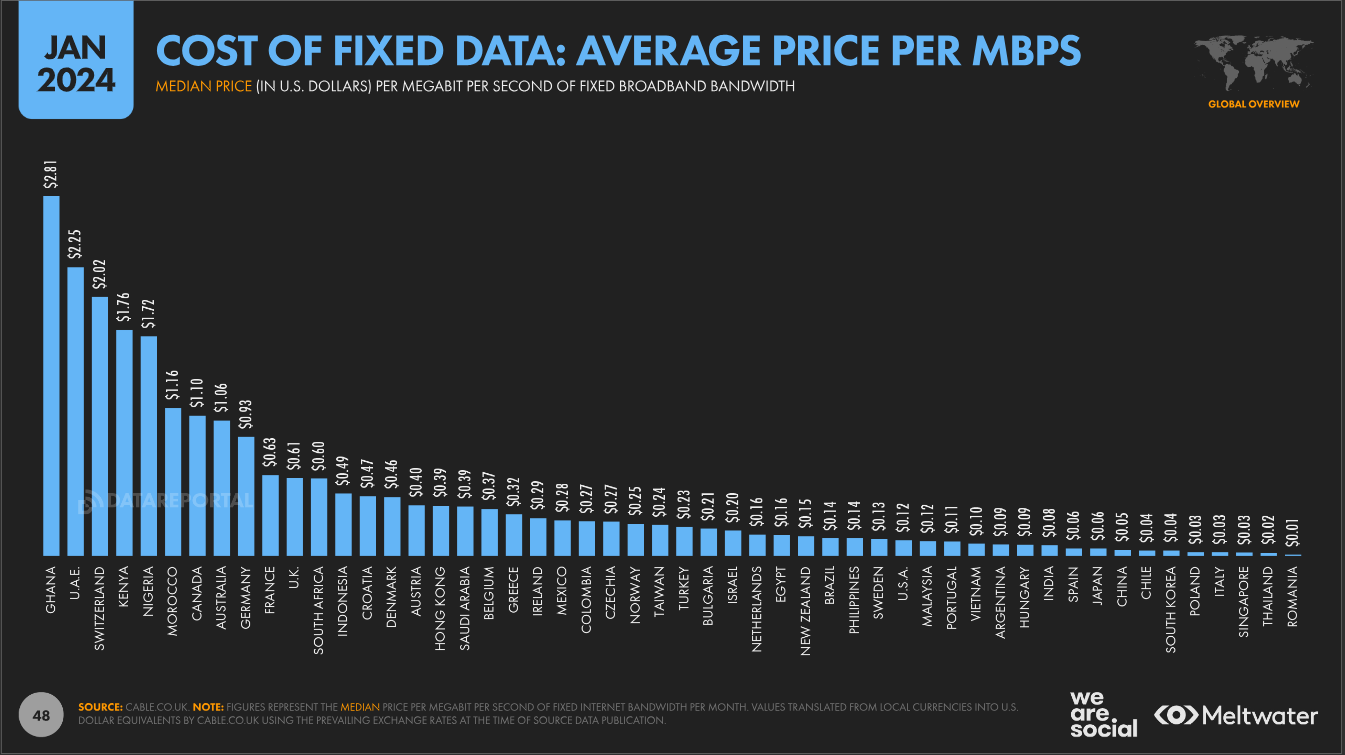
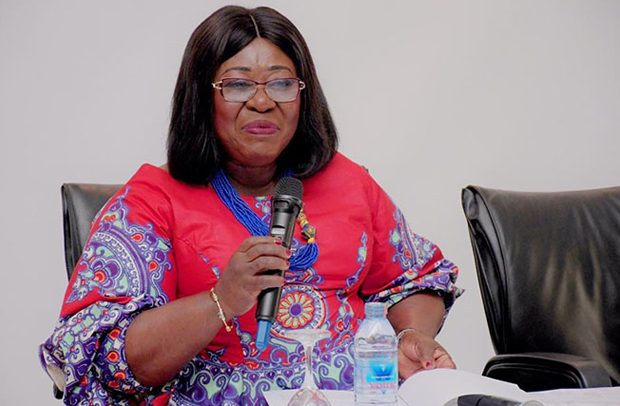


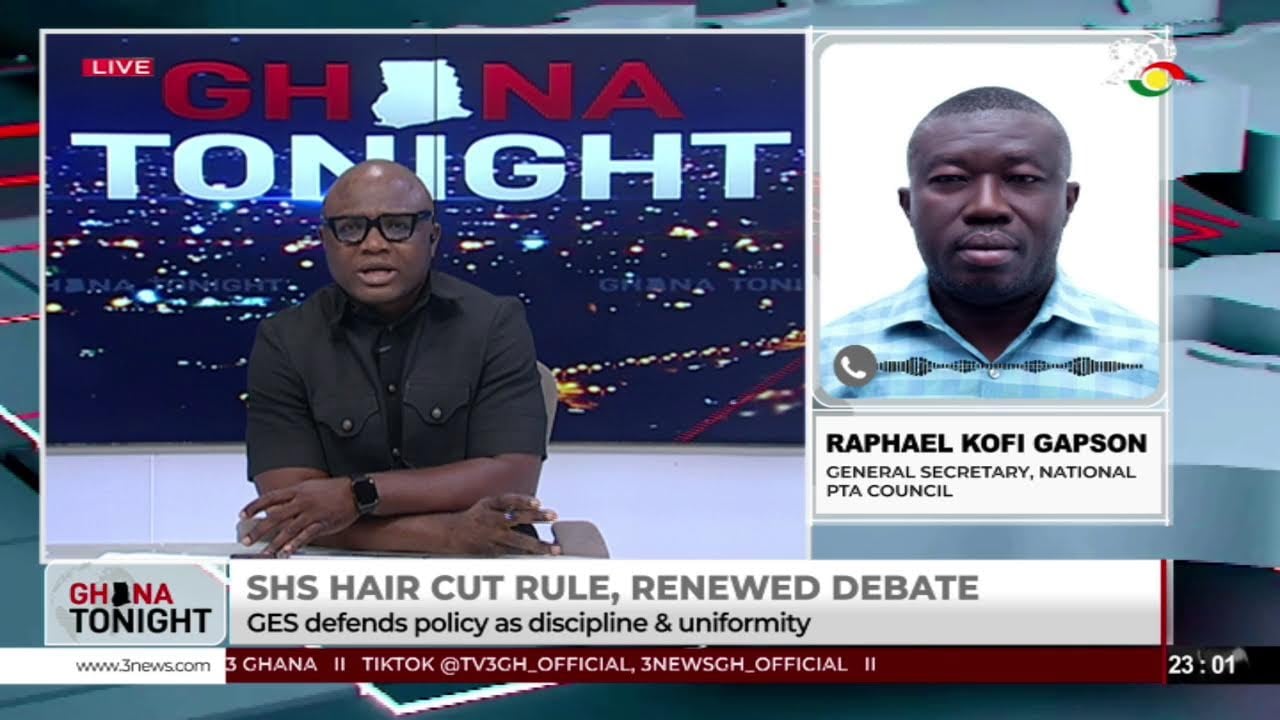
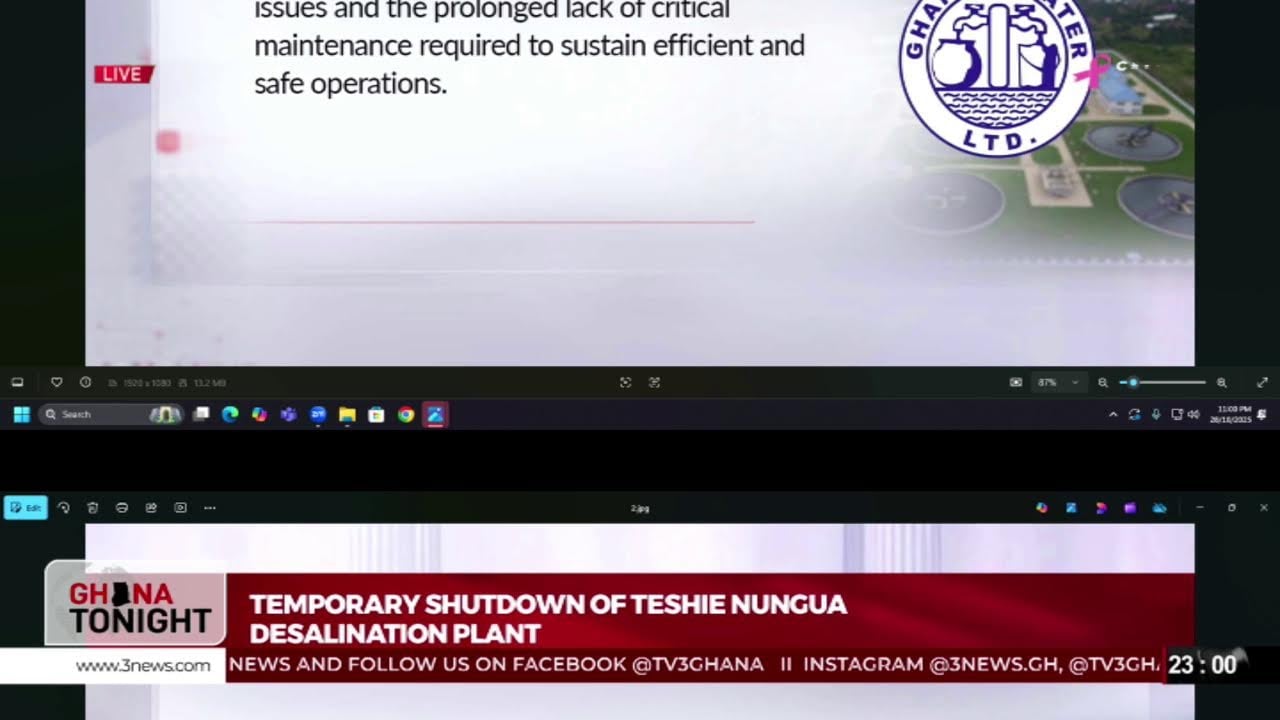

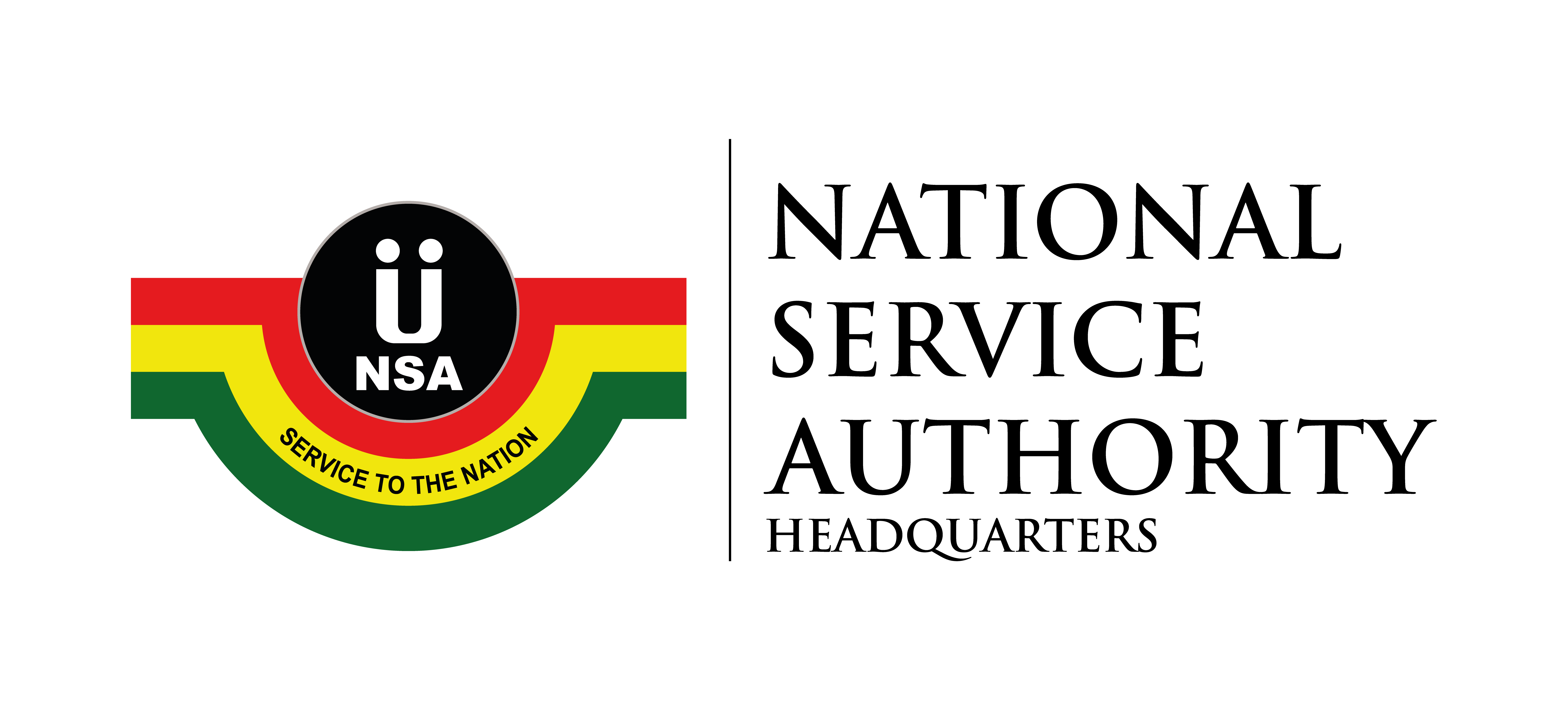
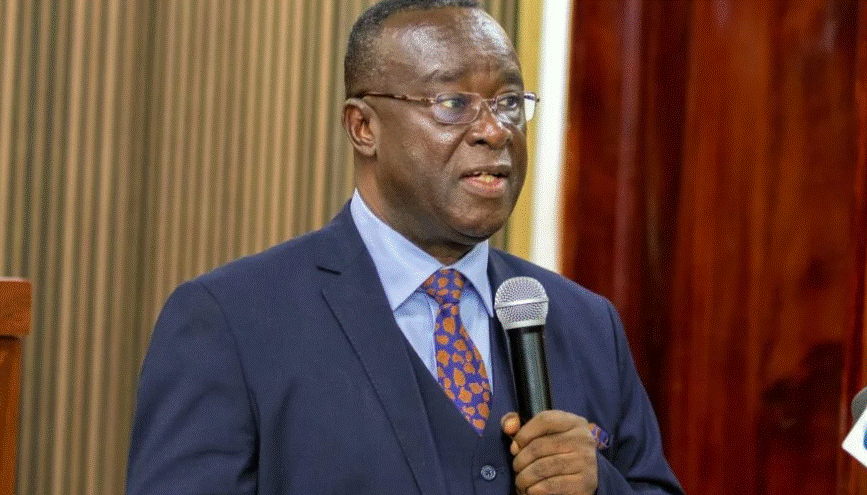







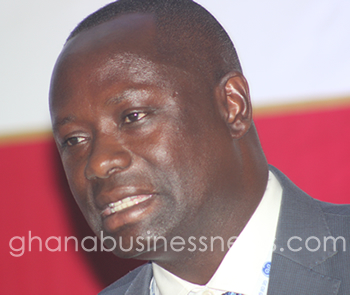

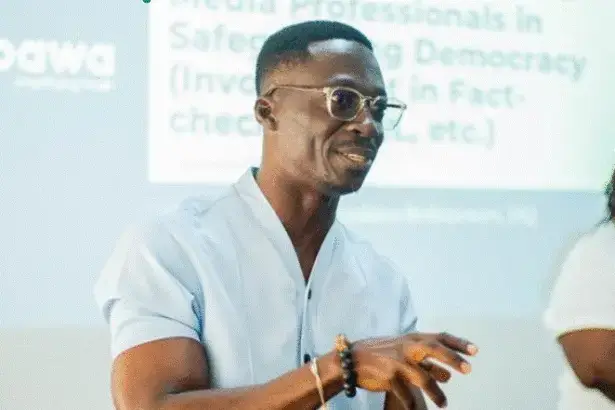
Facebook
Twitter
Pinterest
Instagram
Google+
YouTube
LinkedIn
RSS